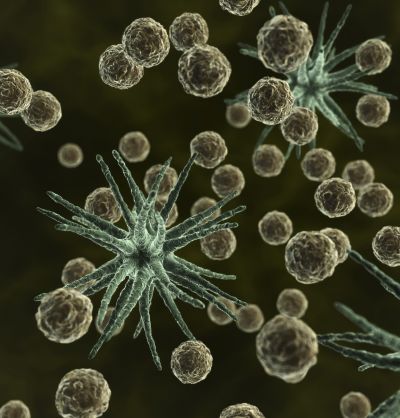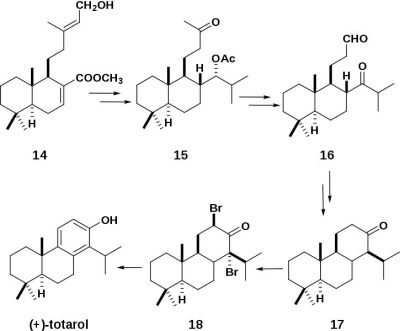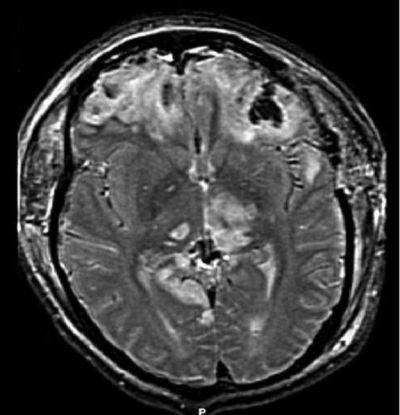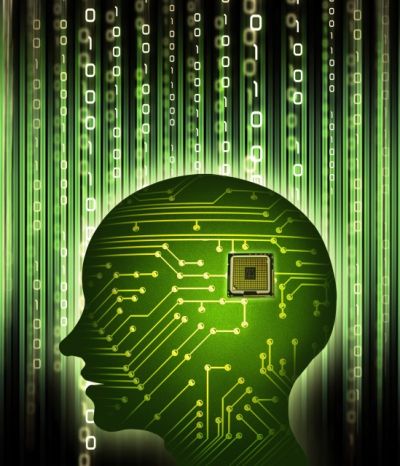
Researchers have advanced our understanding of the genetics behind the structure of plant cells in aid of future biotechnologies.

A recent research project has taken a step towards understanding electrical signalling in plants.

Light and matter interact in exciting ways inside nano-optomechanical systems. Revolutionary nanowire-based devices exploiting the quantum force of light promise to enable ultrasensitive detection of molecular motions in living cells.

EU-funded researchers have developed a new modular type of catalyst that will make the synthesis of complex chemicals (such as pharmaceuticals) cheaper and quicker.

Heterochromatin is a tightly packed form of DNA that is essential for cell survival. A European backed project is investigating the molecules that control its formation and maintenance.

A recent project has developed mathematical models to reconstruct biological networks such as those used to understand cell biology and evolution.

A European ICT for Health project aims to improve the quality of life of patients with chronic liver disease, by developing a remote support system to monitor their condition at home.

Most people who suffer a severe brain injury take years to recover – if they recover at all. But the right treatment in the crucial hours following an accident can make all the difference. Now an EU project is building sophisticated new computer models potentially able to improve diagnosis and predict the outcome of treatments.

Our life expectancy lengthens and members of the ‘silver generation’ make up an ever-larger proportion of the population. Can technologies help us in caring for ourselves, our older relatives and friends? Could we learn to live together with robots while being watched over by sensors? The people behind one EU research project certainly think so.

The EU budget has provided more than EUR 1.9 billion for brain research since the start of the EU framework programme for research, FP7, in 2007. This has funded more than 1200 projects with more than 1500 participants from the EU and beyond. Looking back on the 'European Month of the Brain' in May, we take a retrospective look at the range of brain-related research projects the EU is funding in the field of 'Information and communications technologies' (ICT).

Some 165 million Europeans are likely to experience some form of brain-related disease during their life. As the population ages, Alzheimer's and other neurodegenerative or age-related mental disorders are affecting more people and contributing to higher health costs. Finding better ways of preventing and treating brain diseases is therefore becoming urgent, and understanding how our brains work is important to keep our economies at the forefront of new information technologies and services. EU-funded research is answering these challenges.









